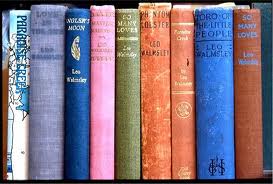Non-Fiction
Verdict: Read it.
Tibet and the Tibetan diaspora are rather politically charged topics. While the author wasn't being intentionally political, there were, of course, political topics that were touched upon.
Every culture has its ideas on death. As most Tibetans and displaced Tibetans are Buddhists, Buddhist philosophy informs their views on death. This book examines the philosophies that Tibetans have as they reach the end of their lives and die. The author does a very clinical and research-disciplined discussion on the topics, even while including stories from the Tibetan Diaspora itself.
Tibet and displaced Tibetans aren't a population that is naturally accessible to me, so this was interesting to read. I enjoy reading different cultural interpretations of life evens as well. The author uses a few different diaspora locations, 2 of which I have been to during my time in India - Dharamshala in Himachal Pradesh and Bylakuppe in Karnataka. The author does wander into the reasons for the diaspora and why it deeply affects displaced people. It is a diversion, but one I feel should be discussed more, so I won't nitpick on that.
The author also examines why this process can be a lonely and isolating one for many people, though I believe that's true for many people, not so many stay with family anymore. It's not the most feel-good topic, but it is a universal one. I feel it's a good read if you've read the Tibetan Book of the Dead, or as a pre-amble to that.
I won't comment on my own pre- or post-death philosophy, but there is something uniting about contemplating something everyone must pass through, but no one knows what's on the other side.
~Becky~






